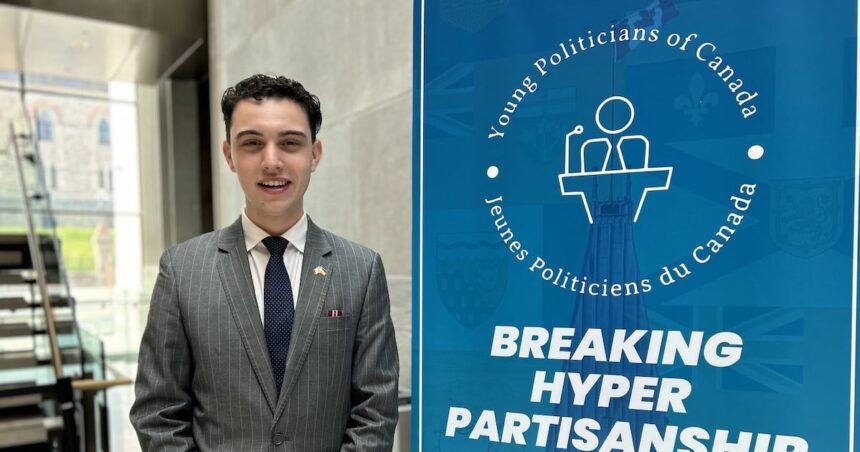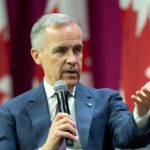In a political landscape often defined by partisan trench warfare, a refreshing counterforce is emerging across Canada. Young Canadians, predominantly from Generation Z, are spearheading a grassroots movement that challenges the hyperpartisan status quo and seeks to reclaim political discourse from the extremes that have dominated recent years.
“We’re tired of the false choice between being entirely on one side or the other,” explains Sophia Chen, a 22-year-old political science student at Ryerson University who helped organize a cross-partisan dialogue series in Toronto last month. “Most Canadians exist somewhere in the middle on many issues, but our political system increasingly pushes everyone to the fringes.”
The movement, which began informally through campus organizations and social media networks, has now expanded to over 30 cities nationwide. These young activists are deliberately creating spaces where Canadians of differing political beliefs can engage in substantive policy discussions without resorting to partisan talking points or personal attacks.
What makes this initiative particularly notable is its explicit rejection of political tribalism. Unlike previous youth political movements that aligned clearly with progressive or conservative ideologies, these Gen Z organizers insist on maintaining ideological diversity within their leadership teams and at their events.
Recent polling data suggests this approach resonates beyond young Canadians. A survey conducted by the Institute for Canadian Democracy found that 68% of respondents across all age groups feel increasingly alienated by the polarized nature of political discourse, with 74% expressing interest in political forums that encourage nuanced discussion across party lines.
Jordan Peterson, a professor of political science at the University of British Columbia who studies political polarization, sees this as a potential inflection point. “What’s fascinating about this movement is that it isn’t attempting to create a new centrist party or force existing parties to moderate. Instead, it’s trying to change how everyday Canadians engage with politics altogether—moving away from team-based loyalty to issue-based discussion.”
Several prominent political figures have taken notice. Last week, representatives from the Liberal Party, Conservative Party, and NDP participated in a moderated panel discussion organized by the group in Ottawa. The event, which focused on housing affordability and climate policy, enforced strict rules against personal attacks and required participants to acknowledge valid points made by political opponents.
“I was skeptical at first,” admits former MP David McGuinty, who attended the Ottawa event. “But I was genuinely impressed by the level of substantive policy discussion. These young people are creating something that has been increasingly rare in Canadian politics—a space where ideas can be evaluated on their merits rather than by who proposed them.”
The movement’s influence is beginning to extend into electoral politics as well. Several municipal candidates in upcoming elections have signed the group’s “Cross-Partisan Pledge,” committing to focus campaigns on policy solutions rather than partisan identity and to acknowledge when political opponents propose good ideas.
Critics question whether the initiative can survive in a media ecosystem and social media environment that often rewards inflammatory rhetoric and simplistic partisanship. Yet early successes suggest the approach has struck a chord with a public increasingly exhausted by political tribalism.
“The biggest misconception is that we’re asking people to abandon their principles or meet in some mushy middle,” explains Tariq Williams, one of the movement’s organizers in Vancouver. “We’re actually asking for the opposite—engage more deeply with issues, understand the complexity, and recognize that good solutions might come from unexpected sources.”
As Canada approaches what analysts predict will be a particularly divisive federal election cycle, the question remains: can this youth-led push for a more constructive political dialogue expand quickly enough to influence the broader political culture? Or will the powerful forces of partisanship ultimately prevail?
























